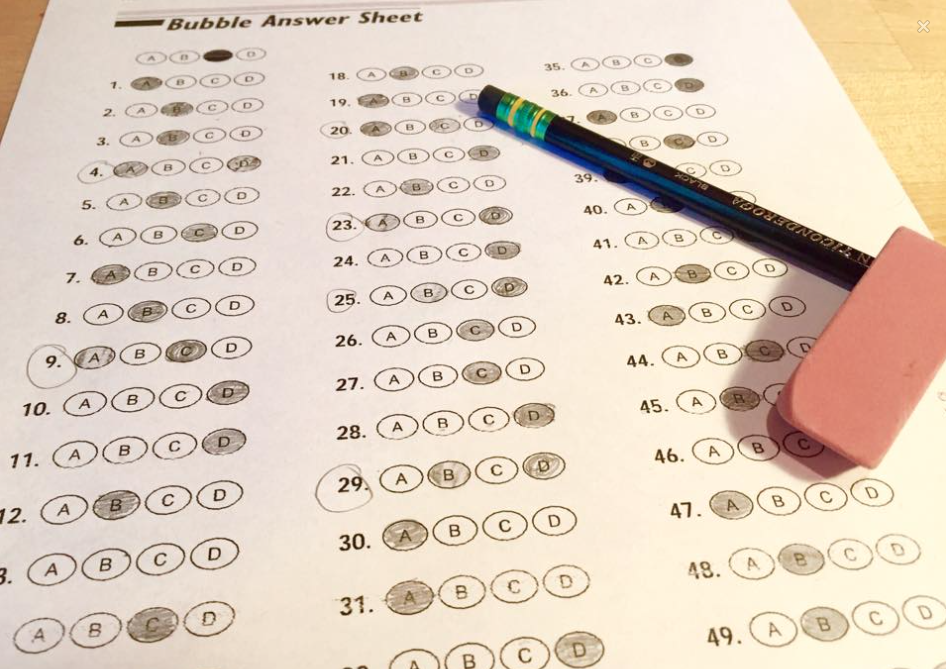One of the largest cheating scandals unfolded during the past week in Atlanta, Georgia. Eleven teachers were convicted and charged for altering students’ answers on standardized tests. Charges included False Swearing, Theft by Taking, Violation of the Influenced Racketeer and Corrupt Organizations Act, and Influencing Witnesses, all of which carry heavy consequences. Educators faced thousands of dollars in fines, hours of community service, and up to seven years in prison.
The case can be traced back to 2009 when The Atlanta Journal Constitution questioned a sudden increase in test scores in schools across Atlanta, prompting an investigation. The inspection was concluded in 2011, and the results were shocking – there had been cheating in more than 40 schools, and upwards of 150 employees had partaken in the crime. Junior Liz O’Keefe expressed how shocked she was, “I think it’s really unfortunate that teachers would go to such an extent to better scores. They should’ve considered the potential consequences and thought about how activites like that could taint the school’s integrity.” Teachers erased and changed students’ answers in order to ultimately raise the school on the educational ladder and receive more bonuses. Their actions not only ended their own careers, but forever polluted Atlanta’s reputation.
Two defendants confessed their crime and waived their right to appeal, ultimately receiving lighter sentences. Twenty-one teachers made plea arguments, and twelve chose to go on trial. However, recently a judge reduced the sentences of three teachers because he “wasn’t comfortable” with their original seven year sentences.
This scandal not only raises concern about corruption and dishonesty in our schools, but it also highlights the extent to which some educators are willing to go to boost test scores. Many would rather face charges than be honest and accept reality.
In today’s world, grades and standardized test scores are a critical component of college admissions. Students work day and night not only to meet their parents’ expectations, but to reach their own goals. Unfortunately, some schools rely heavily on test scores in evaluating a student and sometimes do not consider an individual holistically. This often leads to fear of judgement which later drives students to resort to immoral methods to improve their scores.
Partially due to this unfair judgement, some schools have recently begun protesting standardized tests and choosing not to administer them. For example, the PARCC exams faced particularly harsh criticism from students and teachers across the nation. In Albuquerque, hundreds of students walked out of school to protest the exam and demand that it not be administered. Even in Ridgewood, the Ridgewood Education Association reported that 26% of the eligible testing body refused the PARCC exam.
As the number of standardized exams grows across the nation, so do expectations for students. Schools are competitive and look to raise their rank and be the best in every aspect of the educational spectrum. However, one must always remember that scores alone do not define an individual, and that it is far more important to keep education grounded in a value of learning.
Shania Arora
news editor

